For 20 years a health centre in India’s tribal heartland, serving a population of over 2 500 people, remained unused due to conflict, insurgency, and threats. In January 2025, the centre re-opened thanks to a Government programme and WHO support.
Villagers previously had to walk barefoot many kilometres to access health services, and women relied on men to accompany them. Many people simply did not access health care at all, and the demand for services and community ownership of the health facility was very high.
In January 2025, the health centre in Potali was renovated and staffed with 1 community health officer, 3 rural health officers, and 26 community health volunteers. In the first 9 months of opening, the centre recorded 2 474 outpatient visits.
With support from WHO, through the UHC Partnership, the Government is implementing the Ayushman Bharat Health and Wellness Centre (HWC) programme nationwide and engaged the community to develop and sustain the Sub Health Centre in Potali.
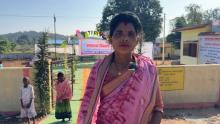
We no longer depend on men to travel for treatment. Now we can access care ourselves.
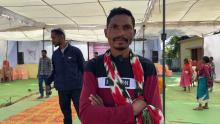
Even for simple medicine, we walked 7 kilometres.
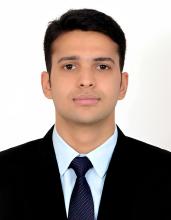
I express my gratitude to the villagers for their persistent efforts. Their determination and perseverance had been instrumental in making this dream a reality.
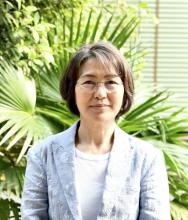
The reopening of Potali’s health centre in Chhattisgarh reflects India’s unwavering commitment to universal health coverage - ensuring that even in the most remote, conflict-affected and tribal areas, no one is left behind.
“Earlier, we had to walk 15 to 18 kilometers for treatment. Now, even emergencies at night can be treated here. This is a blessing,” said Anita Markam, Potali.
In the first 9 months of opening, the centre recorded nearly 2 500 outpatient visits. With many barriers along the way, including violence and killing, the construction and operation of the centre is a powerful demonstration of determination and resilience from the community, health care workers, and the Government.
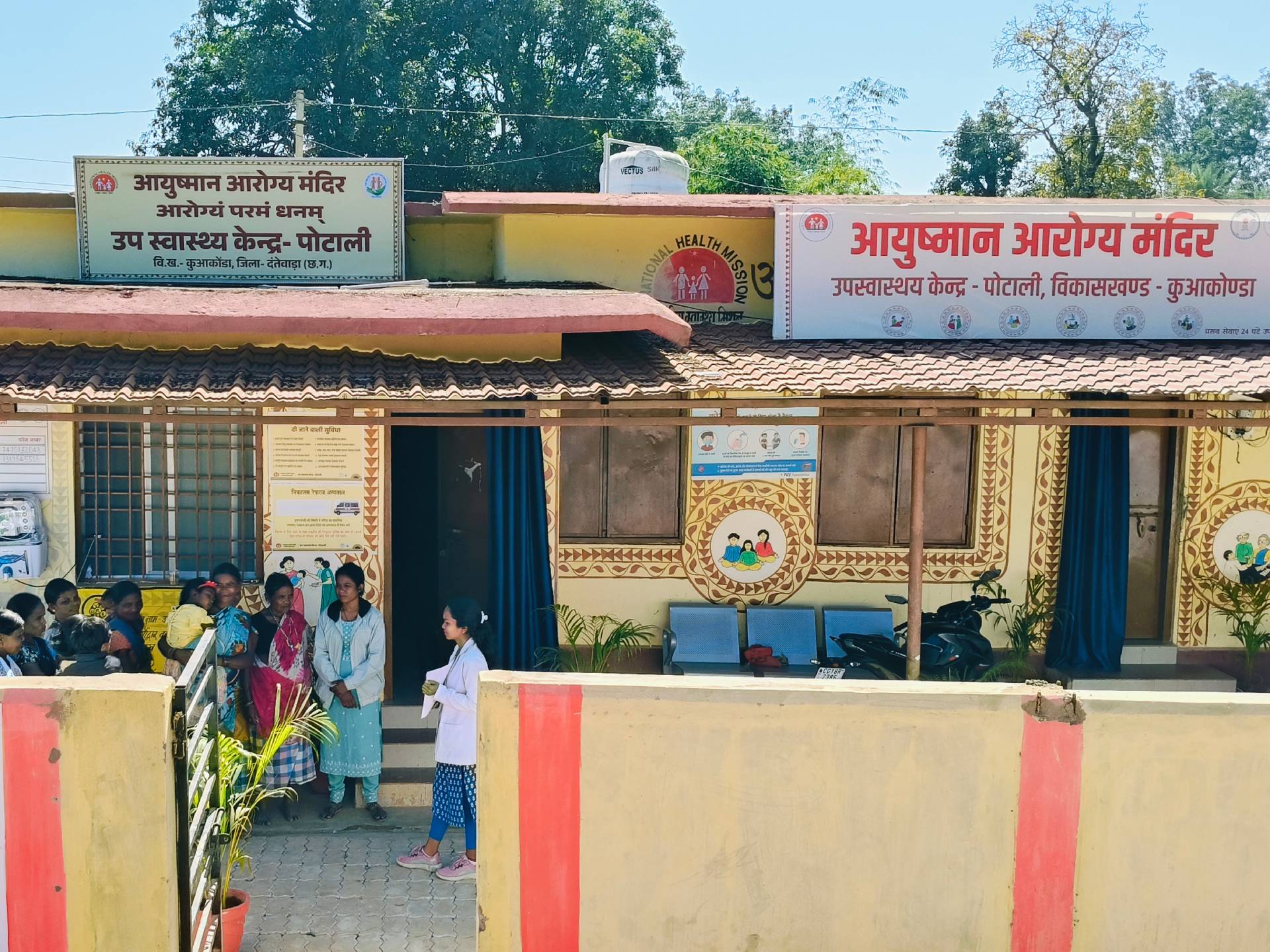
The newly renovated Ayushman Bharat – HWC Potali @Who India
The services are particularly empowering for women who previously relied on men to accompany them to reach far-away health facilities. Previously during the day, when men were at work, women and children often had no one to help them, making treatment and medication, even for fever or pain relief, impossible to get.
“We no longer depend on men to travel for treatment. Now we can access care ourselves,” said Sarpanch Lalita Mandavi, Potali.
WHO, through the UHC Partnership, has actively contributed to various stages of policy formulation and implementation aimed at strengthening PHC in close coordination with the Government of India.
The UHC Partnership operates in over 125 countries, representing over 3 billion people. It is supported and funded by Belgium, Canada, the European Union, France, Germany, Ireland, Luxembourg, Japan, the United Kingdom of Great Britain and Northern Ireland, and WHO.
The Sub Health Centre at Potali had been constructed in 2004-2005 by the National Mineral Development Corporation (NMDC), a Navratna Public Sector Enterprise under the Ministry of Steel.
For years, the building stood as a silent structure; unused, threatened, and forgotten. The shadow of the Naxalite-Maoist insurgency loomed large and during the peak of the Salwa Judum movement, Naxals wrote warning messages on its walls, forbidding its use.
For nearly two decades, the people of Potali walked barefoot for many kilometres to reach health facilities. They relied on a temporary two-room arrangement in Kikri Para, (10 kilometers), a PHC centre in Aranpur (7 kilometres), and a PHC centre at Sameli (18 kilometres).
“Even for simple medicine, we walked 7 kilometres,” said one villager.

Villager from Potali @Who India
The turning point came in 2021–22 when the Sub Health Centre was selected for upgrading under the Ayushman Bharat Health and Wellness Centre (HWC) programme. This nationwide programme provides comprehensive PHC services, addressing the basic health needs of the entire population with quality and affordable care, marking a significant step in India’s journey to achieve universal health coverage (UHC). The UHC Partnership participated in the development of the Ayushman Bharat Programme in 2019 at national level.
In Chhattisgarh, WHO, through the UHC Partnership, has provided technical support in collaboration with health authorities across three tribal and conflict-affected districts in the division of Bastar to strengthen the Ayushman Bharat programme. Support has focused on enhancing service delivery, assessing the impact of interventions, and systematically feeding back findings to inform and improve the initiative’s overall design and implementation.
In Potali, the first step was to assess the population’s health needs. A district health team comprising a district Reproductive, Maternal, Newborn, Child, and Adolescent Health consultant, a sector medical officer, and a WHO UHC Partnership consultant met with nearly 60 villagers to assess their needs.
The people were urgently demanding better local health services, and the Centre was selected to be part of the Ayushman Bharat programme. The health department first discussed removing the threatening messages from the walls of the health centre, which forbid its use and prevented people from accessing services. The villagers were convinced and helped to erase them. The villagers also cleaned the surrounding area.
In April 2022, renovations on the once-abandoned Sub Health Centre began to transform it into the Ayushman Bharat – HWC Potali, but the path to health for all in Potali was not linear. In April 2023, while building works were happening, a deadly Naxal blast near Aranpur killed 10 security personnel. Construction halted as contractors withdrew in fear. Months of inactivity passed, further delaying people’s right to healthcare. Work resumed in November 2023, but tragedy struck again in April 2024 when a key local leader and ex-Janpad Panchayat (village council) member, who had championed the project, was killed.
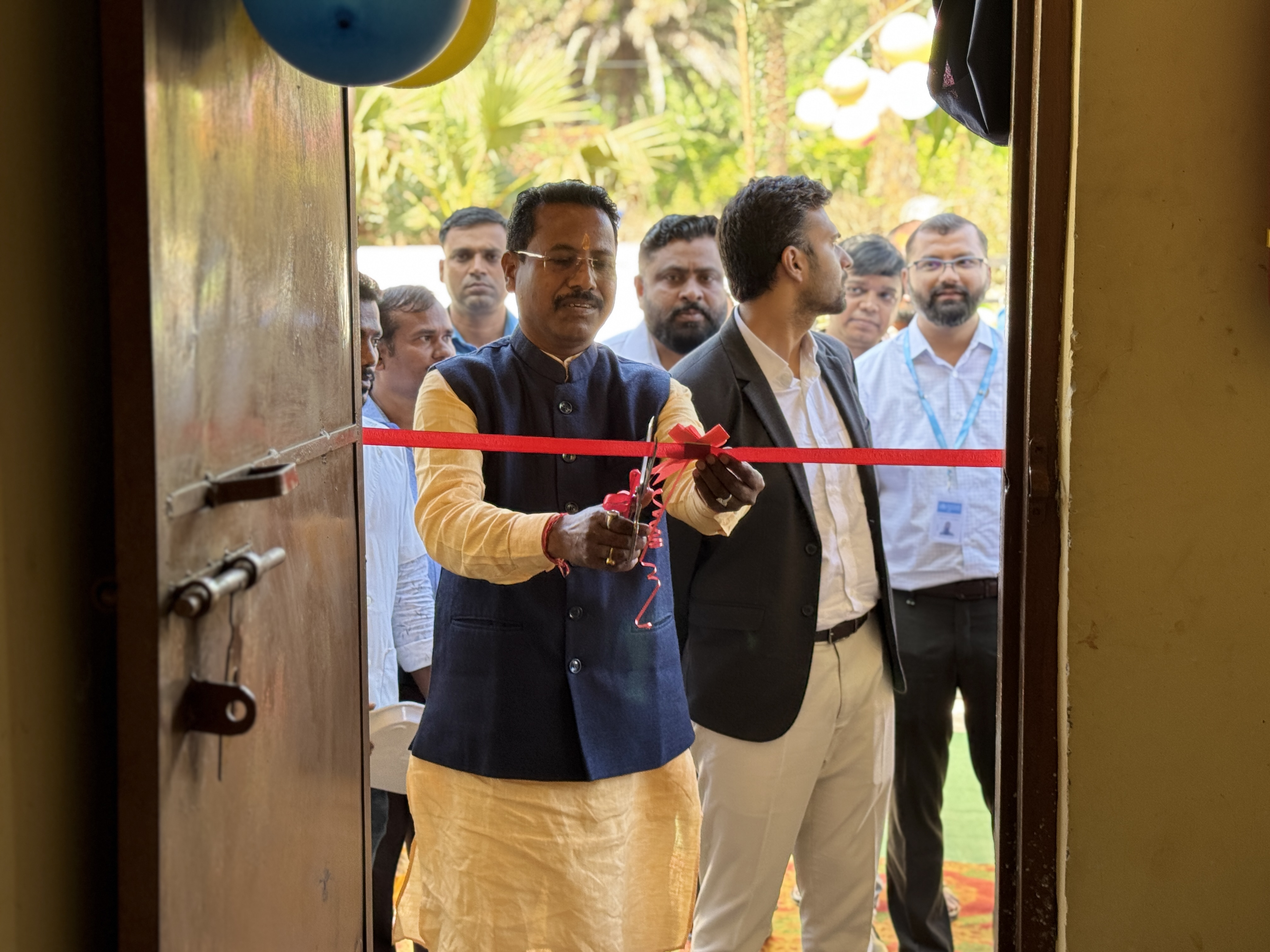
The Inauguration of the Ayushman Bharat – HWC Potali @Who India
On January 1, 2025, the Ayushman Bharat - HWC in Potali was inaugurated.
“The demand for such a facility has been long-standing, especially during the rainy season when travel became nearly impossible, and healthcare access was disrupted,” said Dr. Ajay Ramteke, Chief Medical and Health Officer.
For the first time, this tribal community witnessed a functional six-bedded primary health facility in their own village equipped with 1 community health officer, 3 rural health officers, 26 mitanins (community health volunteers), and support from the Aspirational Block Programme and State’s Niyad Nellanar Yojna programme.
The impact has been immediate. From January 1 to September 24, 2025, the centre recorded a total of 2,474 outpatient visits (55% female), demonstrating how quickly communities adopt accessible health services when barriers are removed. Services that once demanded day-long journeys are now within walking distance.
“The entire village has been eagerly waiting for this health facility. Everyone has benefited, especially the women, who find it difficult to travel alone to distant health centres when their menfolk are away at work. Now we don’t have to depend on anyone, we can go for treatment ourselves,” said Ms Lalita Mandavi, village sarpanch (headperson).
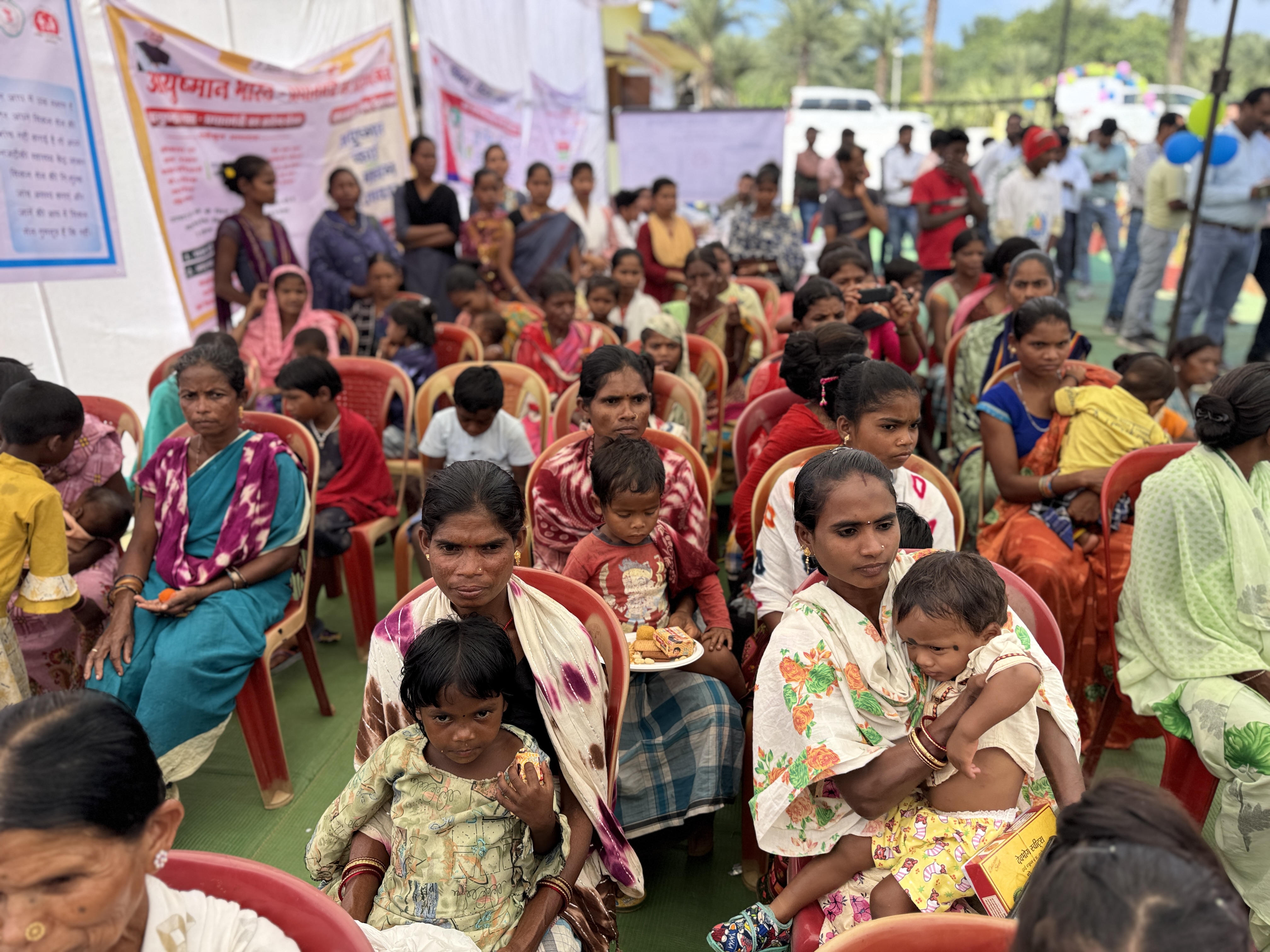
The community present at the opening of the Ayushman Bharat – HWC Potali @Who India
The transformation has been hugely positive for health workers too.
“Earlier, we worked from makeshift spaces that were difficult for both staff and villagers. Now, this accessible center allows us to provide quality services,” said Ritu Kunjam, Community Health Officer, Potali.
The community played a key role in ensuring that the project came to fruition.
“I express my gratitude to the villagers for their persistent efforts. Their determination and perseverance had been instrumental in making this dream a reality,” said Mr. Mayank Chaturvedi, Former District Collector.
By bringing services closer to the community, the Ayushman Bharat – HWC laid the foundation for ensuring accessible and affordable primary health care for all. The sense of community ownership and the delivery of equity in healthcare access embodies the essence of UHC.
The story demonstrates the fragility of trying to strengthen the health system in conflict-affected areas. Yet, the persistent engagement of the community, Panchayati Raj Institutions leaders, and district administration demonstrated the resilience needed. Together, they ensured that progress resumed, reinforcing that with political and community will UHC is possible, even in the most fragile contexts.
“The reopening of Potali’s health centre in Chhattisgarh reflects India’s unwavering commitment to universal health coverage - ensuring that even in the most remote, conflict-affected and tribal areas, no one is left behind,” said Ms Payden, WHO Representative to India a.i.
